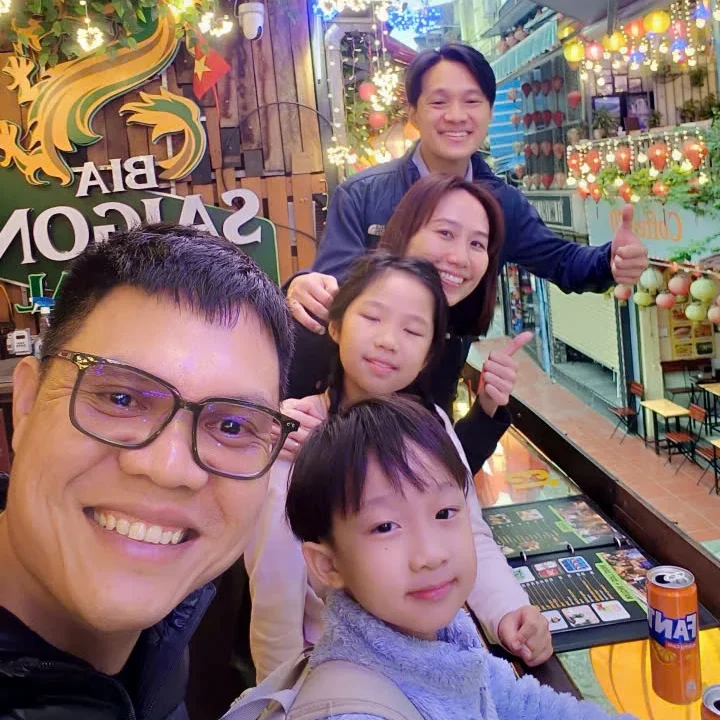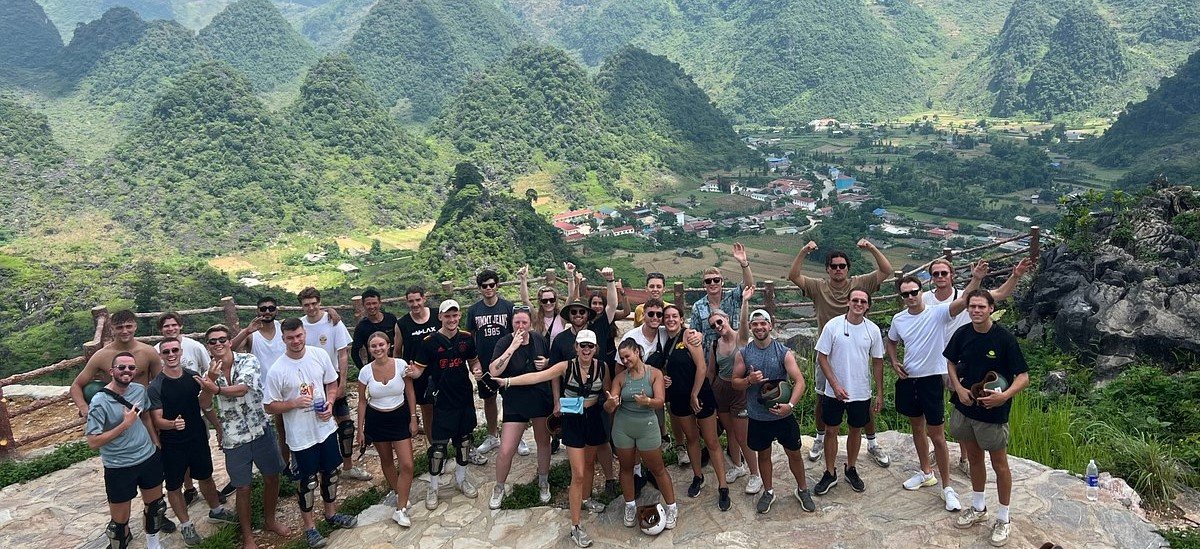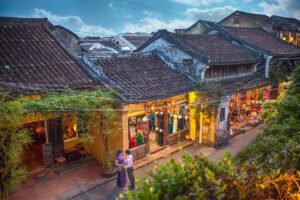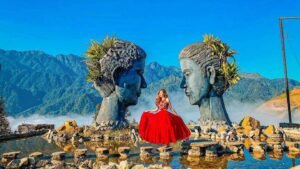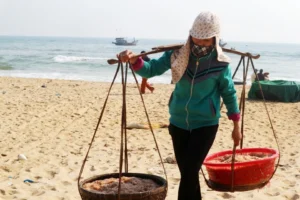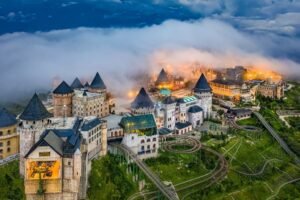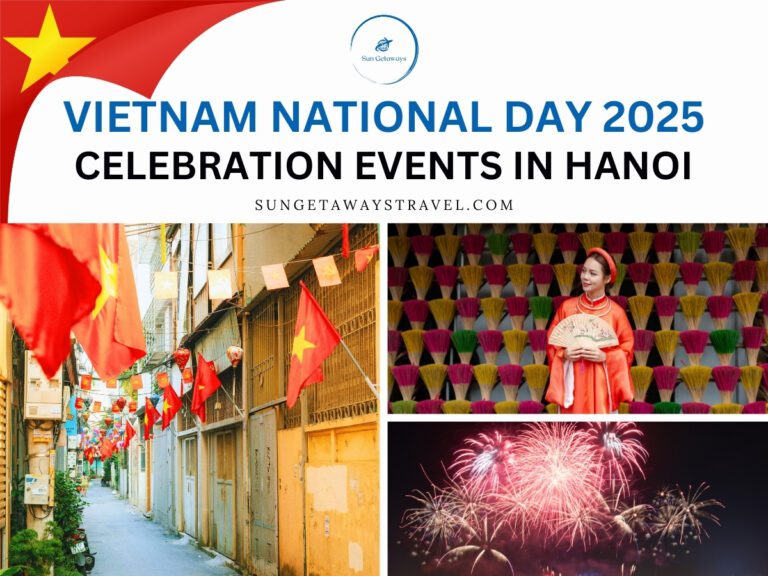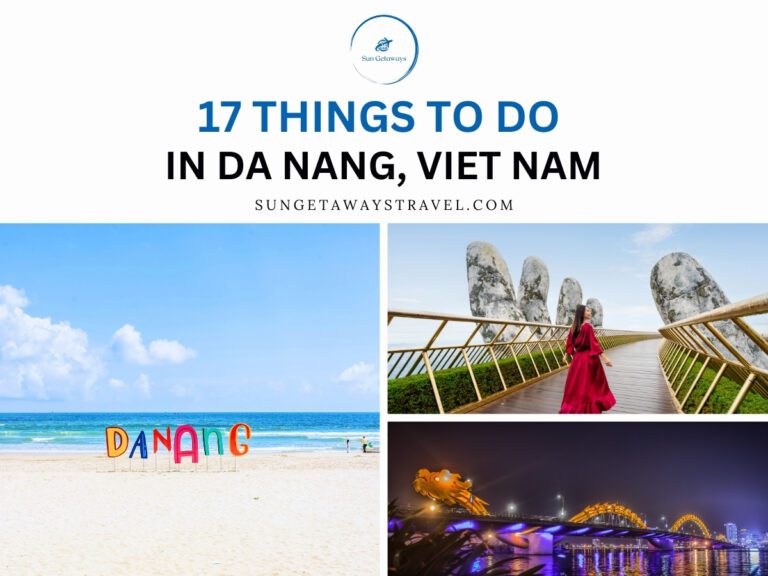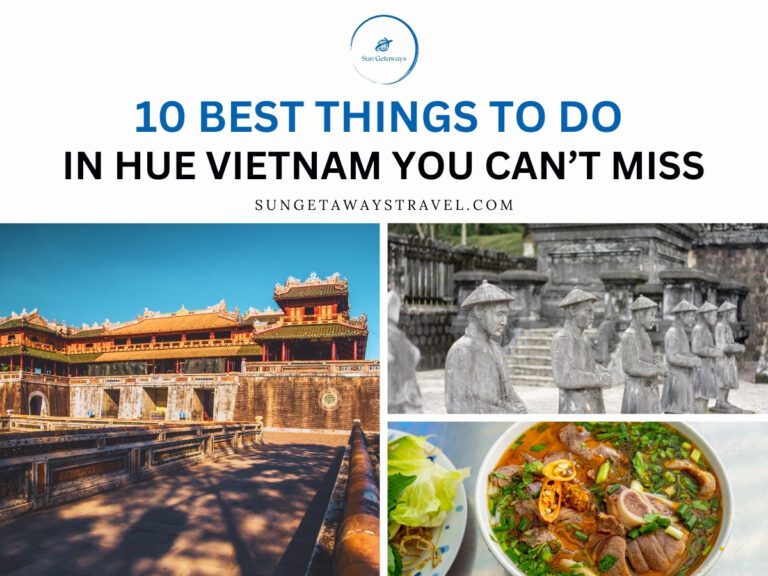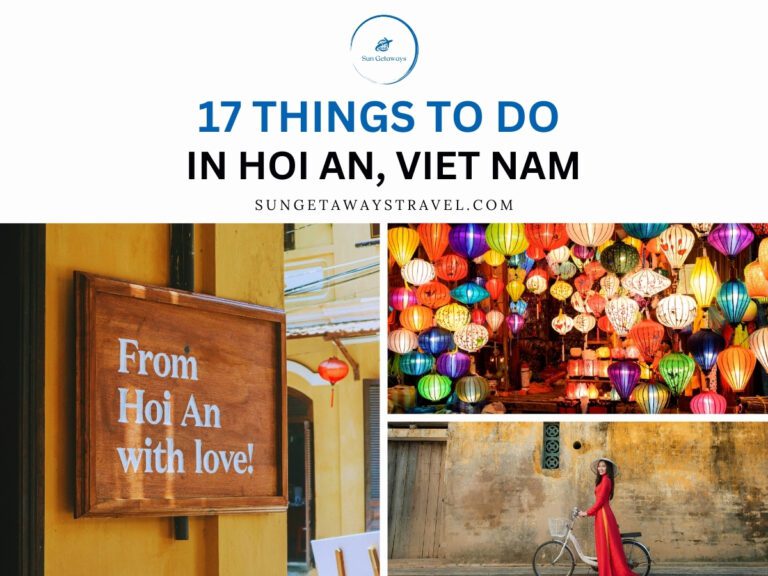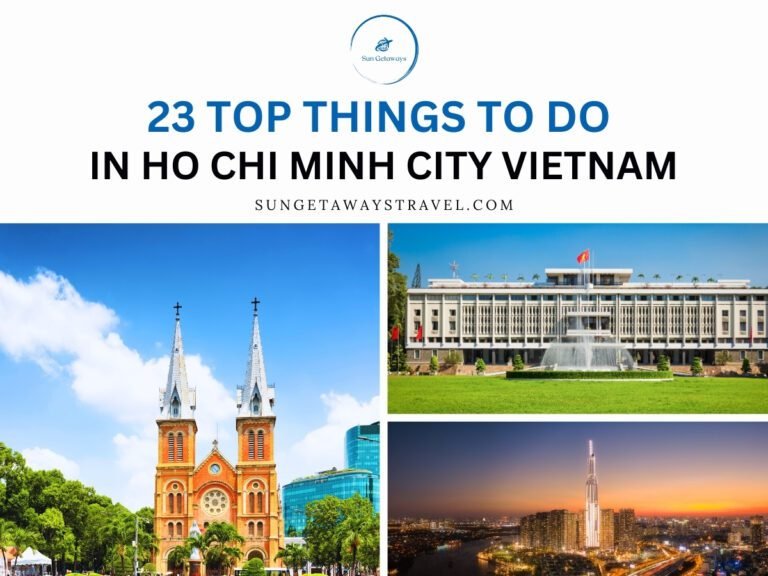Vietnamese Ancestor Worship: Daily Practices and Special Occasions
Vietnamese ancestor worship is a deeply ingrained cultural practice that goes beyond religious rituals to form the bedrock of family and community life. For centuries, this tradition has served as a bridge connecting the past, present, and future, emphasizing gratitude and respect for one’s lineage. Often referred to as “ancestor veneration”, this practice highlights the belief that the spirits of ancestors continue to influence and guide the lives of their descendants.
At its core, Vietnamese ancestor worship reflects a harmonious blend of religious and cultural influences, including Confucianism, Taoism, and Buddhism. This article explores the daily practices, special occasions, and broader significance of ancestor worship in Vietnam, revealing why it remains a cherished tradition.
1. Understanding Vietnamese Ancestral Altars
The Heart of the Home
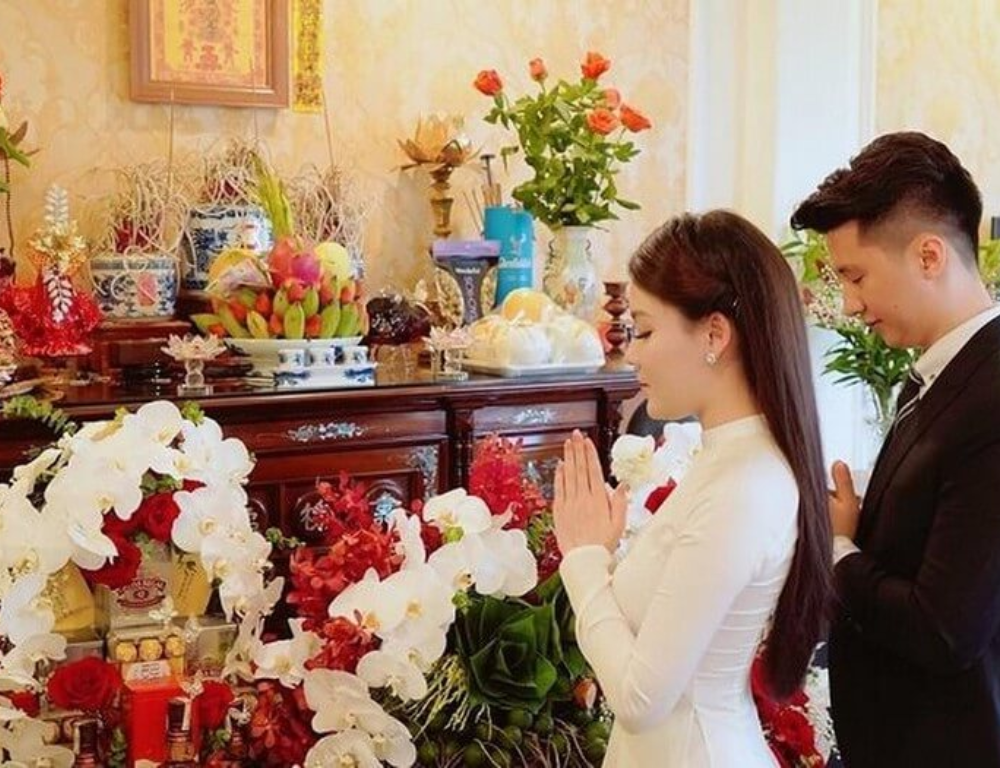

The ancestral altar, or “ban tho gia tien”, is central to ancestor worship in Vietnam. Typically located in the main living area of a home, the altar is a sacred space where family members honor and communicate with their ancestors.
Key Components of a Vietnamese Ancestral Altar
A well-maintained ancestral altar often includes:
- Portraits or plaques: Representing deceased family members.
- Incense burners: Used to offer fragrant incense, symbolizing prayers rising to the heavens.
- Candles and oil lamps: Signifying the eternal light and guidance of ancestors.
- Offerings of food, fruit, and flowers: Reflecting gratitude and sustenance for the spirits.
The arrangement and upkeep of the altar vary by region, but its purpose remains consistent: to honor and connect with the family’s spiritual heritage.
🇻🇳 Experience the vibrant atmosphere of Vietnamese festivals!
2. Daily Practices in Ancestor Worship
Daily ancestor worship rituals are simple yet profoundly meaningful. In many Vietnamese households, the day begins and ends with rituals at the ancestral altar. Family members light incense sticks, bow respectfully, and offer prayers or silent thoughts of gratitude. These acts foster a sense of continuity and spiritual connection, ensuring that ancestors remain an integral part of daily life.
Explore: Unveiling Vietnamese Culture: Traditions, Etiquette & Festivals for Travelers
3. Offerings to Ancestors
Offerings form a vital aspect of ancestor worship, symbolizing respect and care for the spiritual well-being of the deceased.


Common Offerings
- Food: Traditional dishes or favorites of the deceased.
- Fruits and flowers: Fresh and symbolic of purity and vitality.
- Tea and rice wine: Beverages to honor the ancestors.
- Paper items: Such as joss paper money, representing wealth for the afterlife.
Seasonal Variations
Certain festivals and occasions call for elaborate offerings. For instance, during Tet (Lunar New Year), families prepare intricate meals and display festive decorations on the altar to welcome ancestral spirits into their homes.
🇻🇳 Admire the colorful and intricate designs of Vietnamese Clothing!
4. Special Occasions in Vietnamese Ancestor Worship
While daily rituals are essential, special occasions highlight the communal and celebratory aspects of ancestor worship.
🇻🇳 Tet: Lunar New Year
Tet Holiday is the most significant celebration in Vietnam, and ancestor worship plays a central role. Families clean and decorate their ancestral altars, prepare special offerings, and light incense to invite their ancestors to join the festivities. This practice symbolizes renewal, gratitude, and the continuation of familial bonds into the new year.


🇻🇳 Qingming Festival (Grave Sweeping Day)
The Qingming Festival is another important occasion dedicated to honoring ancestors. Families visit ancestral graves to clean and maintain them, offer prayers, and present offerings. This day reflects respect and care for the departed, extending the tradition beyond the home altar to the burial sites.
🇻🇳 Gain a deeper understanding of Vietnamese family values and traditions.
5. Commemorating Ancestors on Death Anniversaries
Death anniversaries, or “gio“, are solemn and significant events in Vietnamese Culture. These occasions are marked by family gatherings, where members prepare offerings and share a communal meal.
Preparation for Death Anniversaries
The family typically cleans the altar, prepares special dishes, and arranges offerings that reflect the preferences of the deceased. These gatherings reinforce familial bonds and provide an opportunity to share stories and memories of the ancestors.
6. Role of the Family in Ancestor Worship
Ancestor worship is inherently a family practice, with each member playing a distinct role in maintaining the tradition.
Elders as Custodians
Elders often lead the rituals, ensuring that the practices are conducted correctly and the stories of the ancestors are passed down. Moreover, they play a crucial role in maintaining the significance of Vietnamese ancestral altars within families.
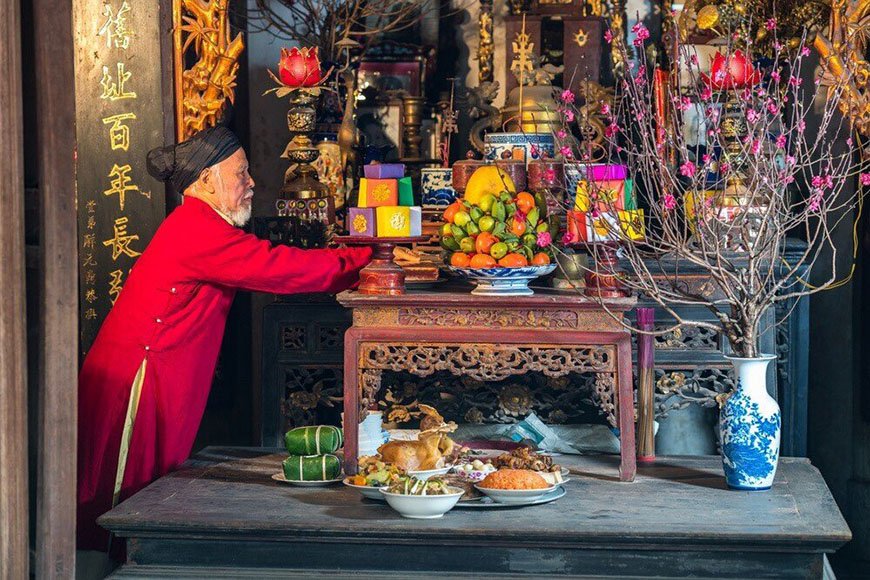
Passing Traditions to Younger Generations
Parents and grandparents teach children the significance of ancestor worship, encouraging them to participate in rituals and understand their cultural heritage. Specifically, they introduce children to the concept of Vietnamese ancestral altars, where offerings are made to honor deceased ancestors. This intergenerational transmission ensures the survival of the tradition.
🇻🇳 Learn about proper Vietnamese etiquette and customs.
7. Cultural Significance of Ancestor Worship in Vietnam
Ancestor worship is not merely a spiritual practice but a cultural cornerstone that shapes Vietnamese identity.
Connecting Past, Present, and Future
By honoring ancestors, Vietnamese families maintain a sense of continuity, linking their current lives to those who came before them and to future generations.
Moral and Ethical Lessons
Ancestor worship emphasizes values such as respect, gratitude, and responsibility. It teaches individuals to honor their roots and uphold the legacy of their family.
📸 Immerse yourself in Vietnam’s captivating culture. From ancient temples to vibrant festivals, there’s something for everyone. | Contact us via WhatsApp or follow Sun Getaways Travel Fanpage for personalized trip planning. Or follow these posts to explore the cultural wonders of Vietnam:
8. Regional Variations in Ancestor Worship
Vietnam’s diverse geography and culture result in unique regional practices in ancestor worship.
Northern Vietnam: Ancestor worship in northern Vietnam is often formal and ritualistic, with an emphasis on Confucian traditions.
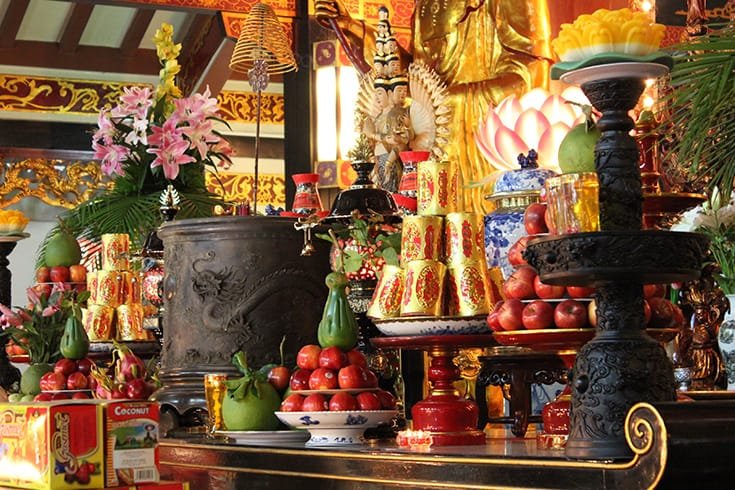

Central Vietnam: Central Vietnam is known for elaborate ceremonies, reflecting the region’s historical influences and rich cultural heritage.
Southern Vietnam: In the south, ancestor worship is often blended with community celebrations, creating a more informal and festive atmosphere.
🇻🇳 Join us for the Mid-Autumn Festival and experience the joy of this traditional Vietnamese holiday!
9. Ancestor Worship and Modern Life
In today’s fast-paced and globalized world, many Vietnamese families have adapted ancestor worship to fit their modern lifestyles. Urban families may simplify rituals or use digital tools to connect with distant relatives during significant occasions. However, the essence of the practice remains intact.
10. Ancestor Worship in Vietnamese Temples
While ancestor worship is primarily a family tradition, it is also practiced in communal settings, such as Vietnamese Temples and communal ancestor halls. These spaces allow people to honor shared ancestors or prominent historical figures, fostering a sense of community and collective memory.


11. Symbolism in Vietnamese Ancestor Worship
The items and rituals in ancestor worship carry rich symbolism.
- Incense: Represents the bridge between the physical and spiritual worlds.
- Candles: Symbolize light and guidance.
- Offerings: Reflect gratitude, respect, and care for the spirits.
These symbols enhance the rituals’ spiritual depth and meaning.
🇻🇳 Be enchanted by the magical world of Vietnamese Water Puppetry or Vietnamese Culture: A Guide for First-Time Visitors
12. Challenges to Maintaining the Tradition
Despite its deep roots, ancestor worship faces challenges in the modern era.
Urbanization and Busy Lifestyles: Urbanization and hectic schedules often limit the time families can dedicate to rituals.
Changing Perspectives: Younger generations, influenced by globalization, may view ancestor worship as less relevant.
13. Preserving Ancestor Worship in Vietnam
Efforts to preserve this tradition include educational initiatives, cultural festivals, and community programs that highlight the importance of Vietnamese ancestor worship. These efforts aim to ensure that future generations appreciate and uphold this integral part of Vietnamese Culture (A Guide for First-Time Visitors).
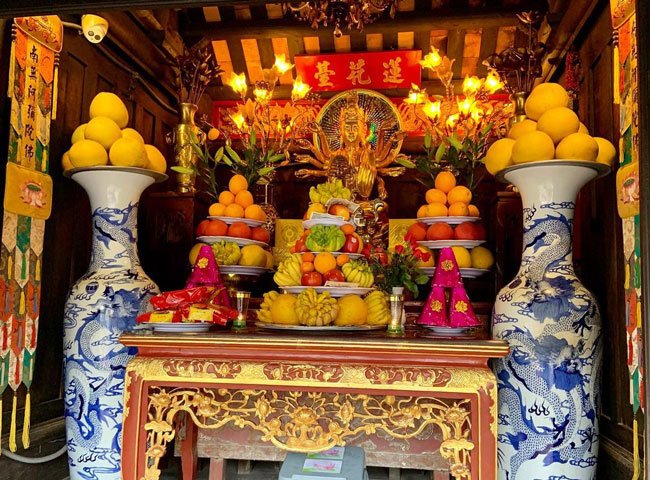

14. FAQs
- What is Vietnamese ancestor worship?
It is a cultural and spiritual practice where families honor and communicate with their ancestors through rituals, offerings, and prayers. - What are common offerings in ancestor worship?
Offerings typically include food, drinks, incense, flowers, and symbolic items like paper money. - How is Tet related to ancestor worship?
During Tet, families invite their ancestors to celebrate the Lunar New Year, marking a time of renewal and familial connection. - What challenges does ancestor worship face today?
Modern lifestyles, urbanization, and changing perspectives among younger generations pose challenges to maintaining this tradition. - How can ancestor worship be preserved?
Through education, community initiatives, and adapting rituals to fit modern contexts, Vietnamese ancestor worship can continue to thrive.
15. Conclusion
Vietnamese ancestor worship is a profound and enduring tradition that celebrates familial bonds, cultural identity, and spiritual connection. Whether through daily practices, special occasions, or community ceremonies, this tradition continues to thrive, bridging generations and reinforcing the values of respect and gratitude.
Experience Vietnam like never before with Sun Getaways Travel. Our all-inclusive trips cover every detail, from accommodations and transportation to unforgettable experiences, depending on your interests (Our Customized Private Tour for each customer to Vietnam 🇻🇳). Ready to embark on your next adventure?
Ask a question
Leave a Comment (0)
No questions yet. Be the first to ask a question!

